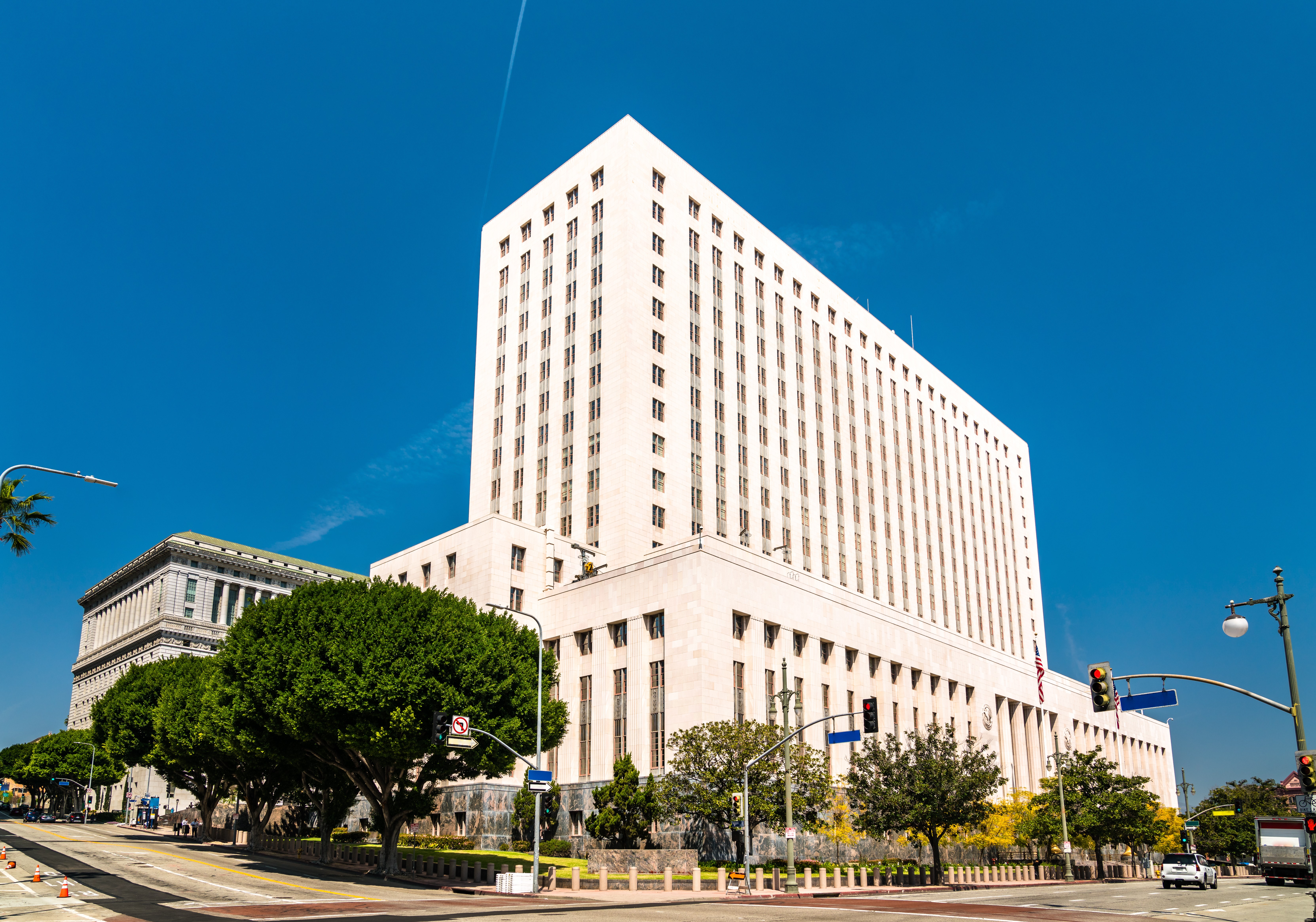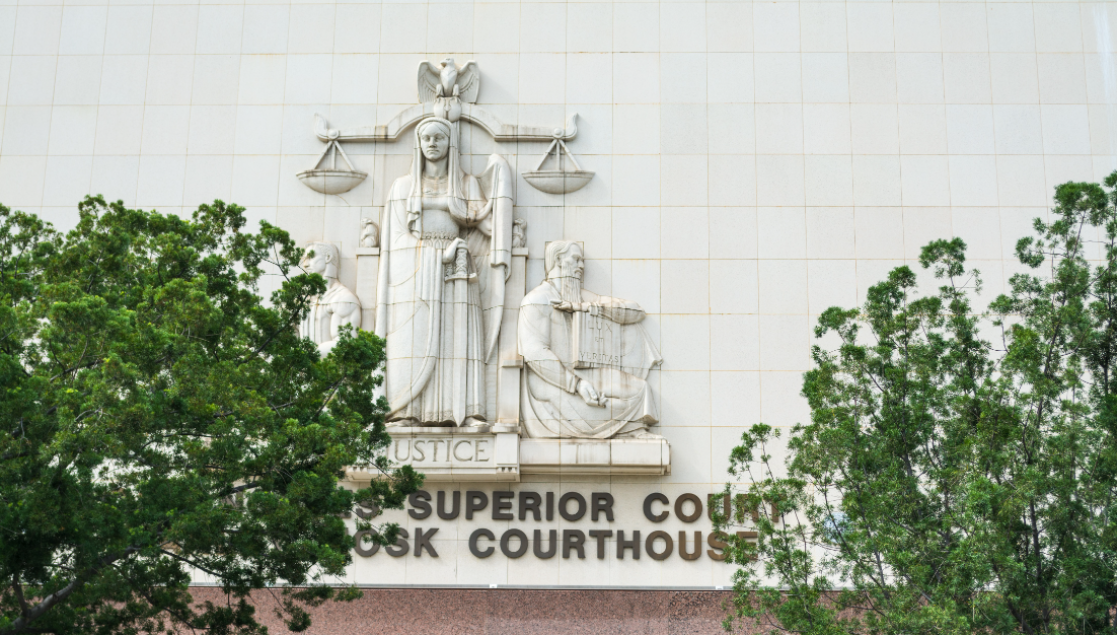Los Angeles Superior Court Improves Efficiency with the Help of eCourt

Industry
Court
Challenge
The Los Angeles County Superior Court needed to simplify operations and unify their case management system to serve 9.5 million people.
Solution
They turned to eCourt as a single solution in 2016 and haven’t looked back.
Product
eCourt
"I think one of the things that's really important is how our case management systems can meet the needs of our judicial officers."

David Slayton
Court Executive Officer @ Los Angeles Superior Court

About the Court
The Superior Court of Los Angeles County is one of 58 superior courts in California and the only superior court serving Los Angeles County. The Court’s jurisdiction covers an area that includes 88 cities, 140 unincorporated areas and more than 90 law enforcement agencies with a population of almost 10 million. As the largest trial court in the nation, its judicial officers hear and adjudicate a comprehensive range of case types under state law.
The Challenge
Los Angeles County is home to more than 9.6 million people across 4,000 square miles, and its Superior Court is the largest single unified trial court in the country. They were frustrated with the inefficiencies of their legacy system, and were looking for a new case management solution to better serve their constituents.
The Solution
The LA Superior Court partnered with Journal Technologies to develop and implement eCourt as a single, unified platform for their more than 5,400 employees to use. A key consideration of the platform was consistency: a case management system that worked for all 47 courthouses in the county, and allowed cases to be transferred as needed to maximize efficiency.
For such a large county, a phased rollout was chosen to ensure a smooth transition. The county went live with eCourt for small claims and personal injury cases in 2016 and limited civil cases in July 2017. LA Superior Court also leveraged Journal’s eFile-it solution, rolling out limited civil e-filing in 2017 and unlimited civil e-filing in 2018.
In this video, you'll hear from David Slayton, Court Executive Officer, about how automated workflows are helping judicial officers work more efficiently.


.jpg?width=1200&height=1200&name=Riverside-lg%20(1).jpg)